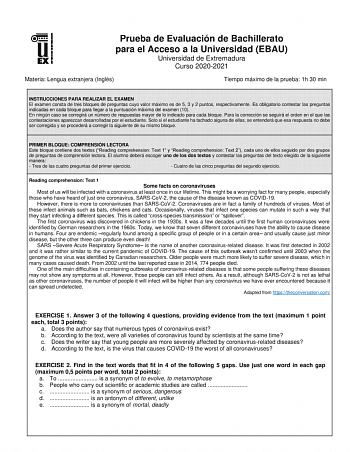Endemic (epidemiology)
In epidemiology, an infection is said to be endemic (from Greek ἐν en "in, within" and δῆμος demos "people") in a population when that infection is constantly maintained at a baseline level in a geographic area without external inputs. For example, chickenpox is endemic (steady state) in the UK, but malaria is not. Every year, there are a few cases of malaria reported in the UK, but these do not lead to sustained transmission in the population due to the lack of a suitable vector (mosquitoes of the genus Anopheles). While it might be common to say that AIDS is "endemic" in Africa, meaning found in an area, this is a use of the word in its etymological, rather than epidemiological, form. AIDS cases in Africa are increasing, so the disease is not in an endemic steady state. It is correct to call the spread of AIDS in Africa an epidemic.
Ver en Wikipedia.org
